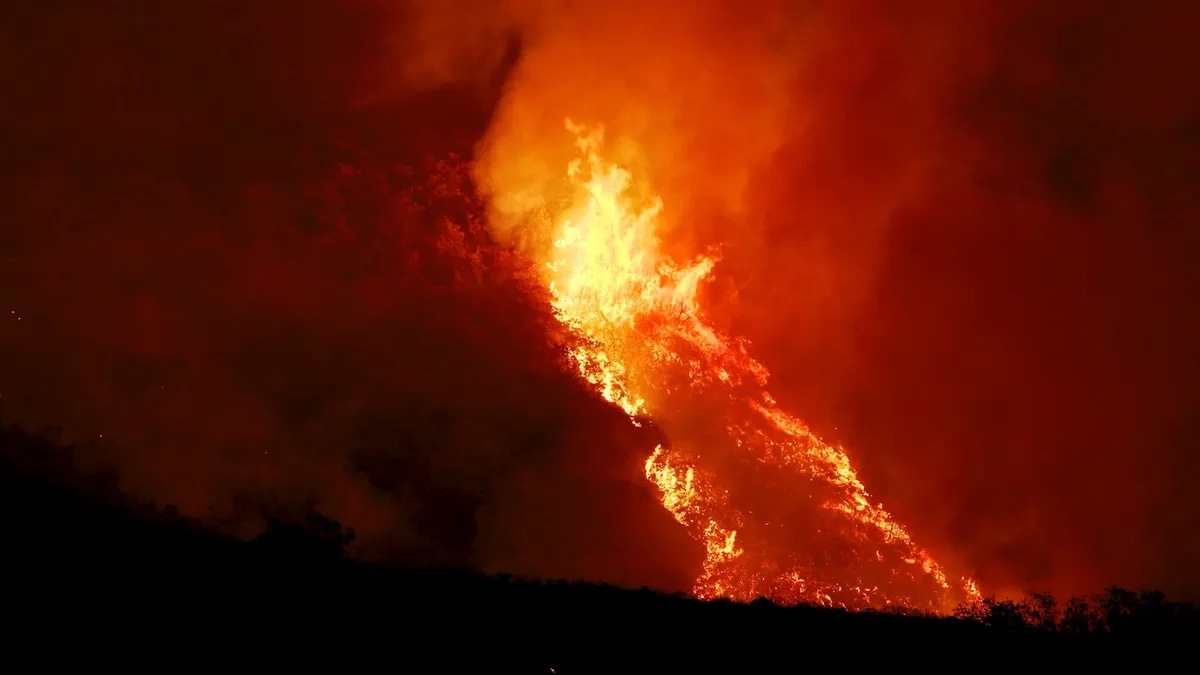
A modern arsenal for the highest fire risk in history
Argo-1 Flight Footage.
Not AI generated.
Designed, built, and
sourced in America.
Fire threatens 115 million Americans, costs ~$1 trillion per year, and is getting worse.
The only long term solution is to reduce the frequency and severity of wildfires.
Seneca builds advanced AI, robotics, and autonomy for firefighting to mitigate disaster and protect civilization.
Our first product is an autonomous, rapid response fire suppression drone system. Robotic AI in the sky.
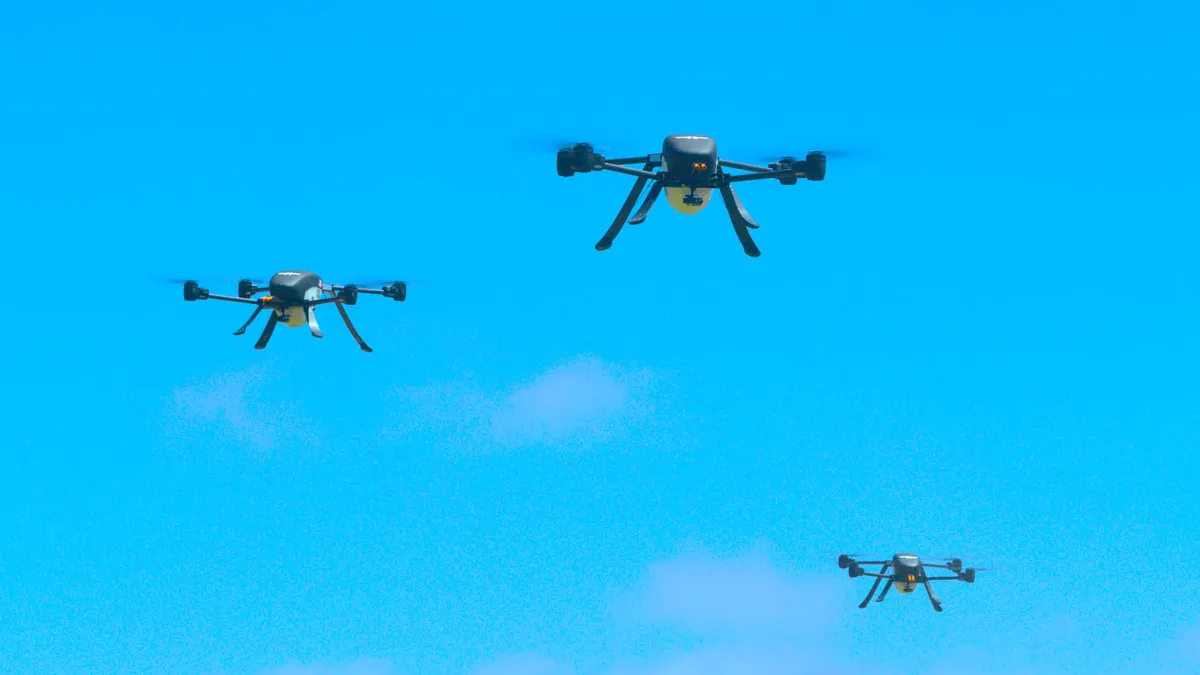
Our Approach
Build advanced technology that supports the firefighter in use cases that were previously unsafe, inefficient, or impossible.
use cases
A force multiplier for firefighters
With Seneca, a single pilot can control multiple suppression craft carrying hundreds of pounds of Class A foam. Systems use autonomous targeting capabilities with IR and video to cold trail or verify and knock down fires & hot spots. Systems are hand-liftable and built to be stationed in high risk locations, transported with a utility vehicle, and deployed from anywhere.
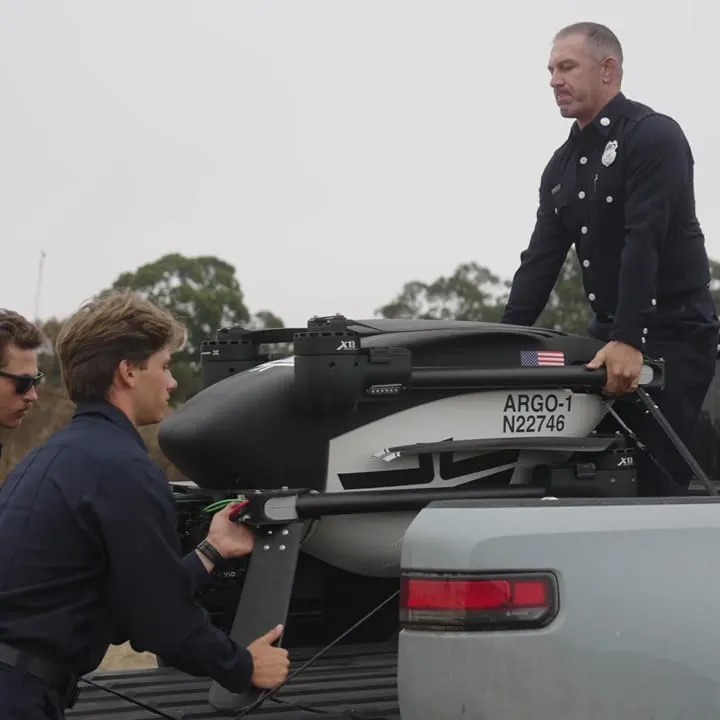
Advanced fire defense for high value property
Wind-driven embers account for up to 90% of structure ignitions during wildfires. Seneca systems not only respond rapidly to nearby starts, but also detect smoldering embers from above, autonomously target and suppress those hot spots before they become blazes, and stream video and location data to authorized devices for real-time situational awareness.
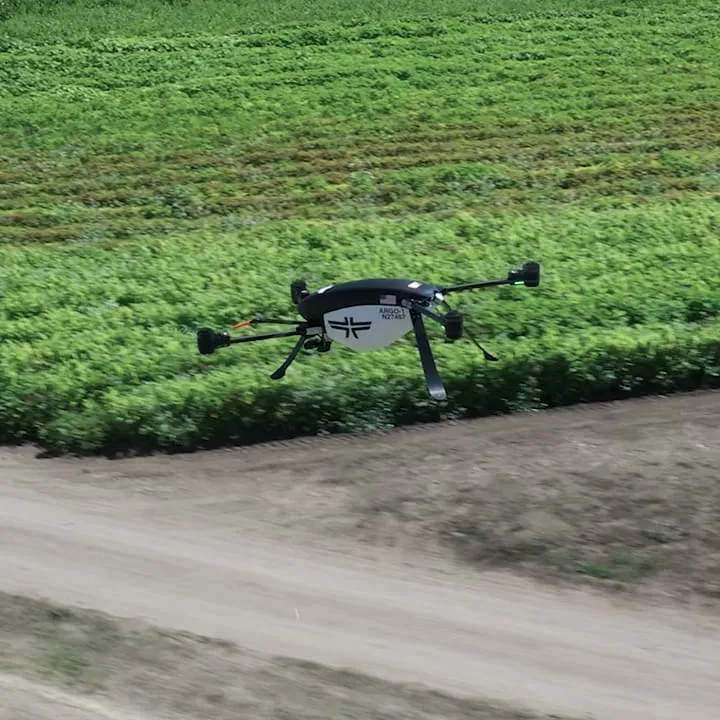
Patrol your infrastructure to stop fires before they spread
When there is an indication of possible fire, the nearest docked drone auto-launches, patrols the likely pole-to-pole span or solar field block, confirms heat with IR, and applies targeted suppressant to knock it down— while streaming live video and coordinates to your operators so faults end as non-events.
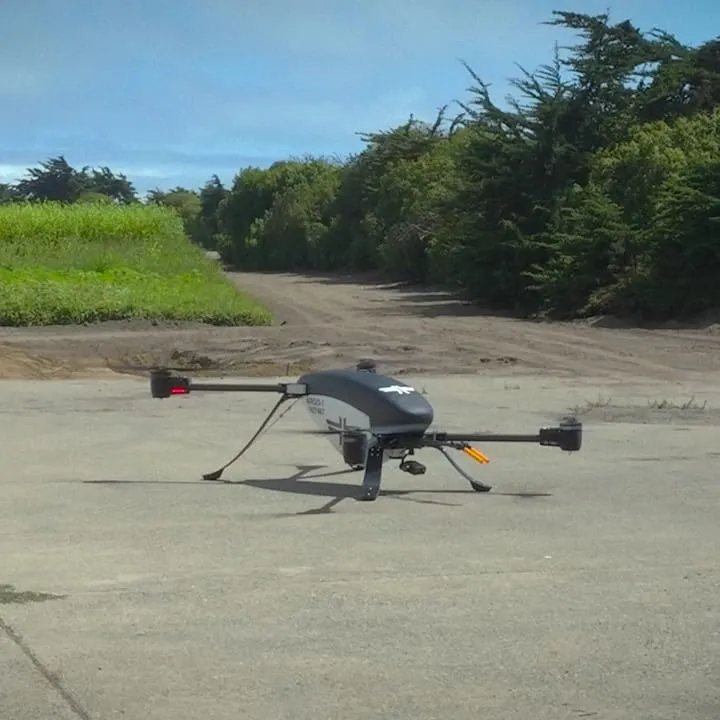
Aerial support for prescribed burns
Seneca systems improve the safety and efficiency of Rx burns, ensuring operations stay within planned boundaries. With autonomous targeting and coordinated multi-craft control, fire agencies can precisely manage perimeters, lay retardant, and rapidly detect & suppress escaped embers before they spread. Tip torch with full confidence of holding containment lines.
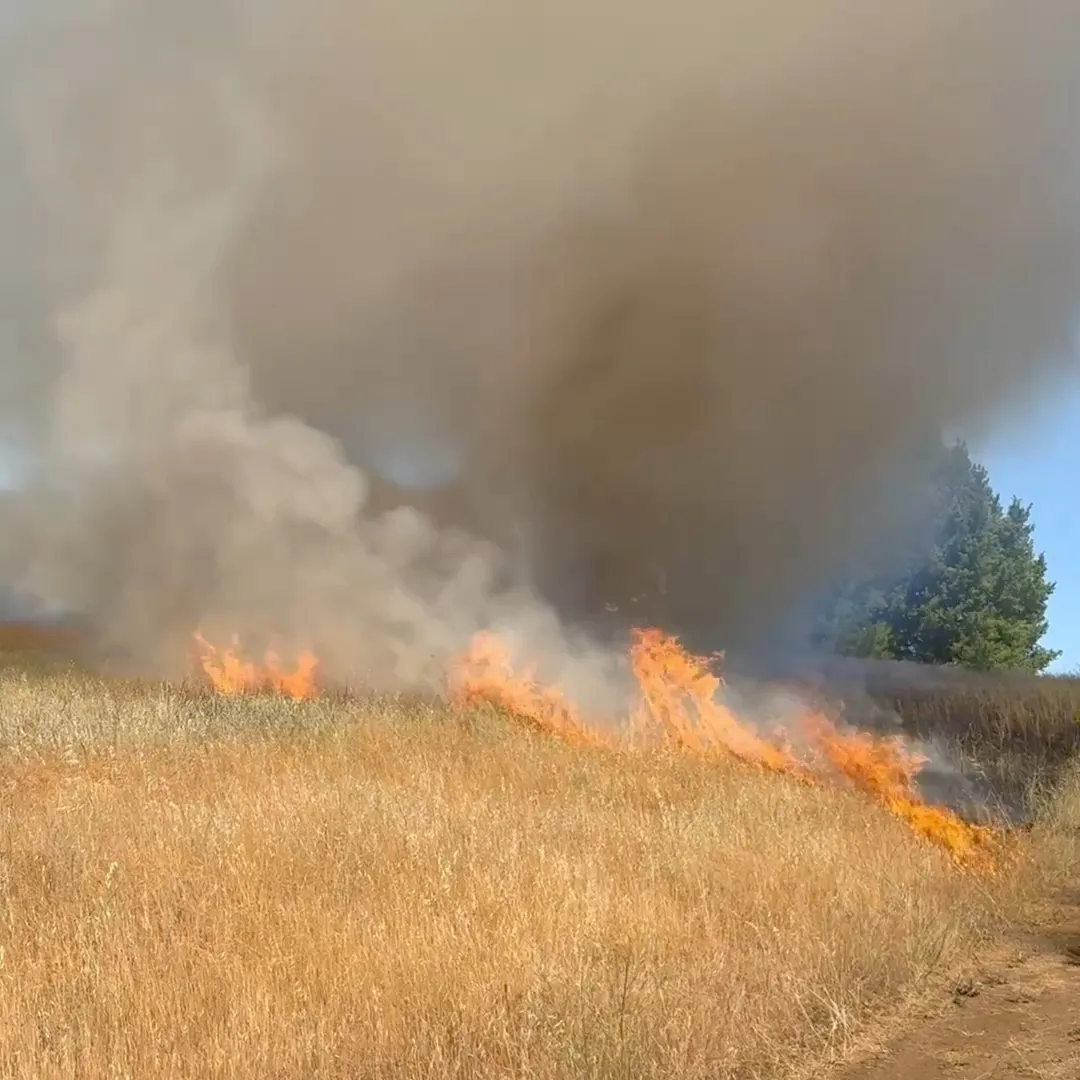
A Complete system-level solution
Full stack hardware, software, and AI solution custom-built for today's fire ecosystem
Learn more →-
Advanced technology
-
Deconfliction from manned aircraft
-
Station anywhere, rooftop to hilltop
-
Protection for homes and assets
-
Video + IR payload
-
Built to be operated by firefighters
-
High performance suppression
-
iOS + web compatible

Shipping 2026
What our partners are saying
If Seneca’s technology had been available during past wildfires, the destruction of homes and critical infrastructure could have been greatly reduced. By combining early detection with rapid suppression, fires can be contained before they escalate, preventing widespread devastation.
I’ve spent decades deploying wildfire technology. Seneca is a breakthrough missing piece that can make a difference for firefighters, communities and insurance companies operating in the wildland-urban interface.
My priority is the safety of our community here in Aspen — our residents, our visitors, our firefighters, and the unique beauty we call home. Advances in semi-autonomous suppression and other wildfire technologies give us powerful new tools to make that happen. The best tools for what we do are built with firefighters in mind, and when they are, it shows. We welcome any innovation that helps us protect lives, property, and the landscape we’re entrusted to defend.
These AI-powered drones don't replace our brave men and women on the front lines; they amplify their capabilities while keeping them out of harm's way. When a drone can deliver rapid water or retardant deployment without risking human life, we're talking about a paradigm shift that will save both firefighter and civilian lives.
In addition to the tragic human toll, the Palisades and Eaton fires in Los Angeles will exceed $250 billion in damage. If Seneca can stop just one of these events it will pay for itself in spades. But in the face of increasing disasters and volatility, the even larger opportunity is to be the resilience infrastructure layer protecting society, and if Seneca does that it will be one of the most important companies not just for fire, but in the world.
Rapid initial attack is the best chance we have to save money, property, and lives. Seneca and the promise of AI-driven autonomous suppression drones is revolutionizing how we view wildfire suppression. In San Bernardino County we have a vision of keeping wildfire 100 square feet or less… this is a far departure of the industry standard of 10 acres or less. We can only achieve this ambitious goal with an ambitious vision. Seneca is a huge part of that vision.
Seneca's AI-powered firefighting drone technology represents exactly the kind of innovation our fire service desperately needs. As someone who has spent decades analyzing fire and EMS deployment data, I understand that the future of wildfire suppression lies in intelligent, autonomous systems that can respond faster than human capabilities allow. Seneca's mission to eliminate wildfire threat across 500 million acres isn't just ambitious—it's essential for protecting both our firefighters and our communities.
I’ve known Stu for 15 years; he has an aggressive and patriotic vision to scale this company to meet the tremendous opportunity and, most importantly, absorb the pain along the way that all successful entrepreneurs must endure.
We need more builders like Seneca, to combat problems with technology and grit, whether that’s protecting America from our adversaries or protecting it from wildfires.
We’ve made great strides in both day and nighttime wildfire suppression, but one critical window still remains...the pre-dawn gap, when air and ground crews are typically in reset mode. Among their many capabilities, AI-enabled heavy-lift UAS can help bridge that gap, delivering direct and indirect attack capacity at a most opportune time, when fires typically lay down and winds are calmest. This begins to tackle one of the next frontiers in wildfire management: 4 A.M. Firefighting.
We need big changes in how firefighters and communities stay safe. Seneca has built a never-seen-before aerial platform to aid in rapid initial attack that doesn’t require an airport or helitack base. A quick response is everything and Seneca is poised to lead the way. I’m excited to get their systems on Watch Duty.
The convergence of artificial intelligence, autonomous flight systems, and real-time fire suppression capabilities that Seneca has developed aligns perfectly with the national strategy to modernize fire services through technology and data. This is the kind of innovative thinking that will help us turn our current wildfire crisis into an era of opportunity for the fire service.
Careers
We’re looking for highly motivated, mission-driven individuals to join our team.
Work with us →